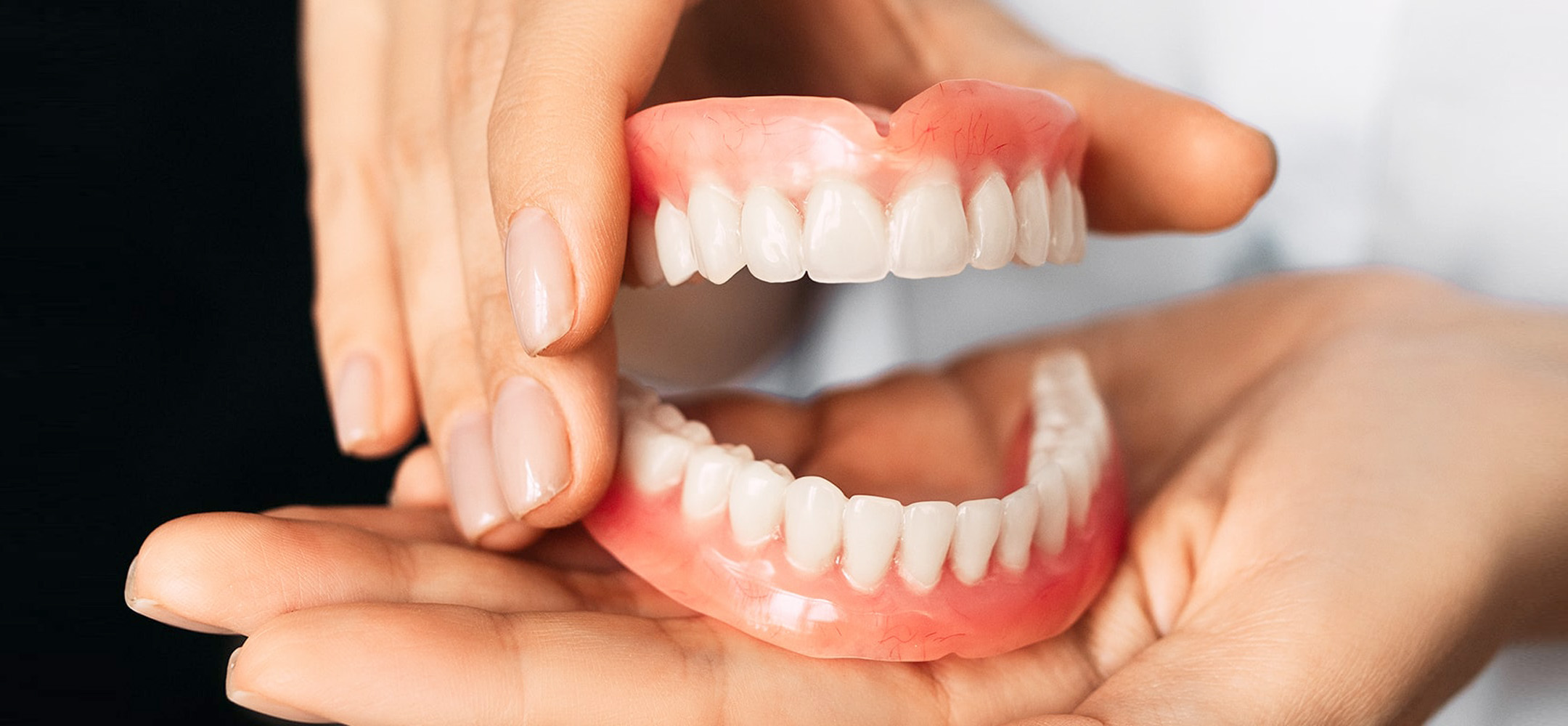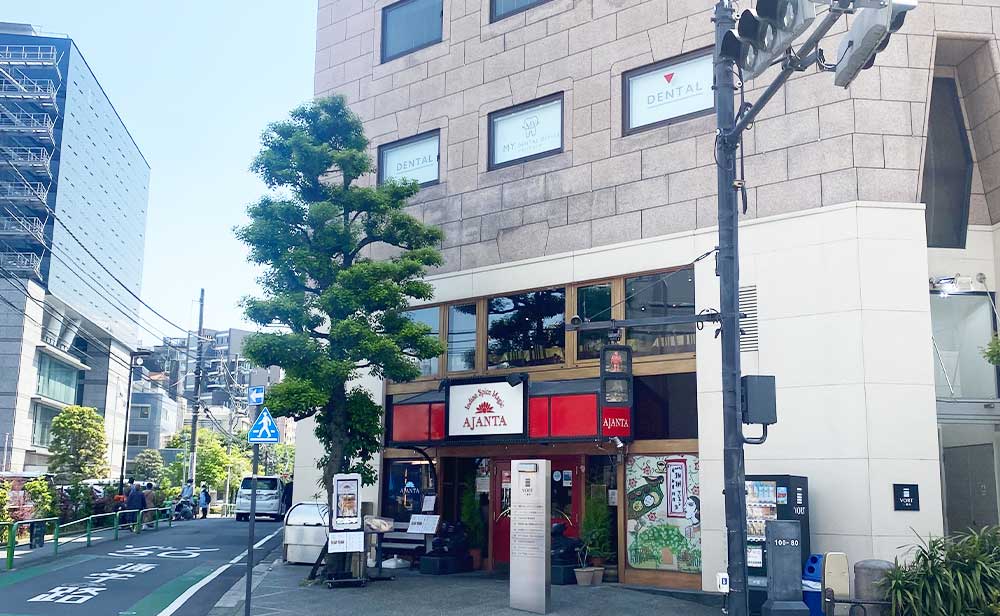Bite Alignment Treatment
About Bite Alignment Treatment

What is Bite Alignment Treatment?
Bite alignment treatment (also known as occlusal treatment) refers to all the dental procedures aimed at maintaining or restoring a proper bite. This treatment focuses on addressing misalignments in your bite to improve various health issues and discomforts.
When your bite is misaligned, your body often tries to compensate, which can lead to a distorted skeletal posture. Many patients believe they have no cavities, yet they might be unaware of underlying bite problems. In fact, most people have some degree of bite misalignment.
At our clinic, before we begin any bite alignment treatment, we thoroughly understand the cause of the issue and provide you with a clear explanation of our findings and proposed treatment. If you're concerned about your bite, please feel free to consult with us with confidence.
Negative Effects of a Misaligned Bite
The connection between your bite and your overall body health is profound. A misaligned bite can lead to a variety of symptoms, including:
- Clicking or popping sounds when you move your jaw
- Chronic neck and shoulder stiffness
- Headaches
- Dizziness
- Ringing in the ears (tinnitus)
- Back, hip, and knee pain
- Insomnia
- Nervousness
- Digestive issues
- Irregular menstrual cycles
- Abnormal blood pressure
About Teeth Grinding (Bruxism)
Teeth grinding (bruxism) refers to clenching or grinding your teeth together. Many people aren't even aware they do it, especially those who grind their teeth unconsciously during sleep.
A common treatment for bruxism is wearing a splint (mouthguard), which helps reduce the strain on your teeth and jaw. Since stress is often a significant factor in teeth grinding, managing and reducing stress is considered the most important step for improvement.
Negative Effects of Teeth Grinding (Bruxism)
Teeth grinding can have several detrimental impacts on your oral health and overall well-being:
- Tooth damage: Teeth can chip, crack, or wear down significantly.
- Root fractures: The roots of your teeth may fracture.
- Damage to restorations: Fillings and crowns can become dislodged or break.
- Denture breakage: Dentures may crack or break.
- Worsening of periodontal disease: Existing gum disease can become more severe.
- Aggravation of TMJ disorders: Symptoms of temporomandibular joint (TMJ) disorders can worsen.
- General physical discomfort: This includes symptoms like shoulder stiffness, back pain, migraines, jaw fatigue, and pain deep behind the eyes.
- Disturbance to others: The noise from grinding can sometimes disturb a sleeping partner.
- Potential link to sleep apnea: There is a suggested connection between teeth grinding and sleep apnea.






